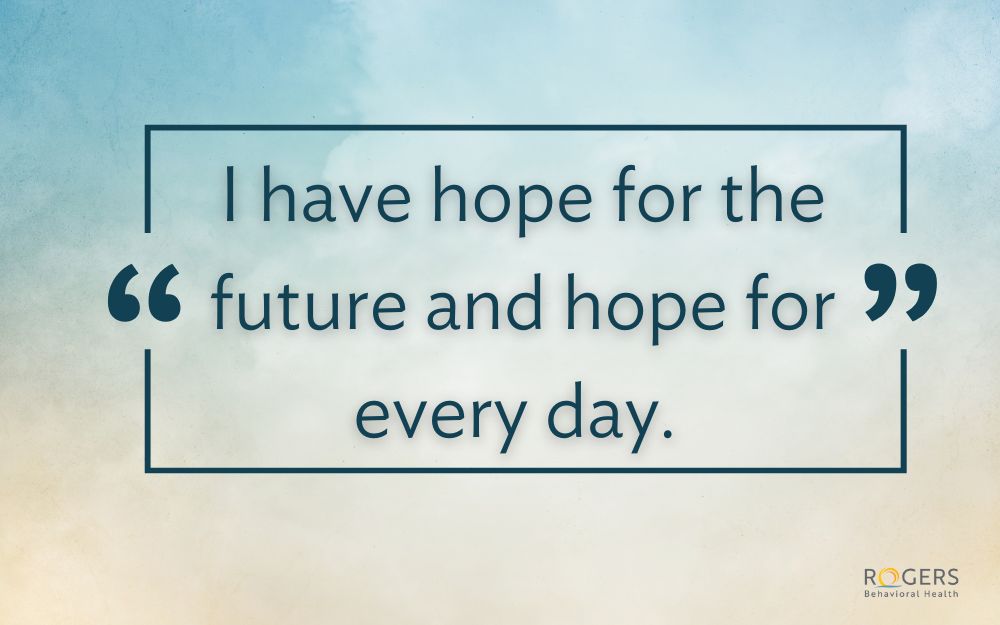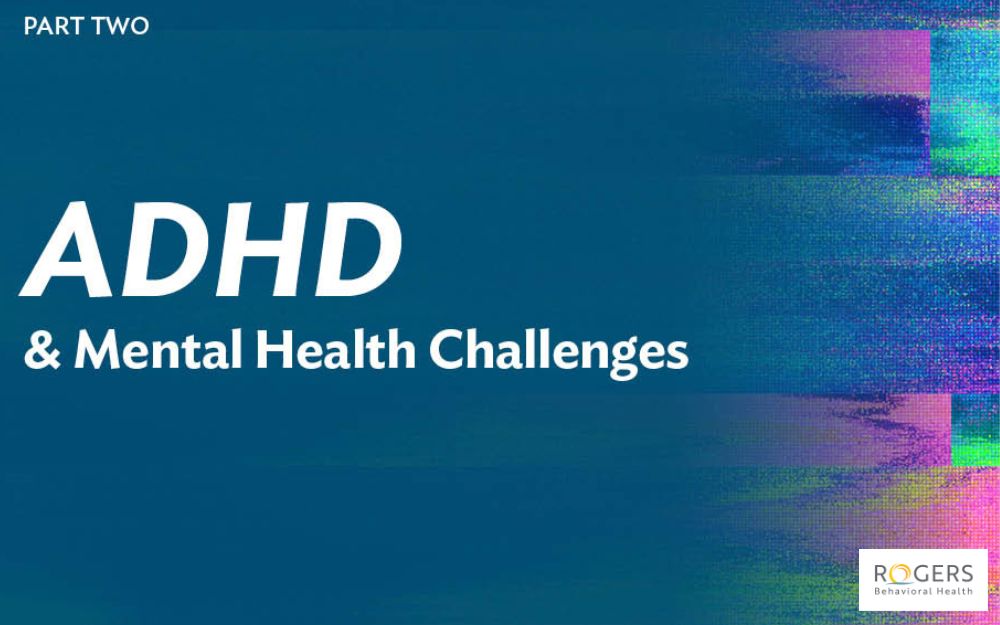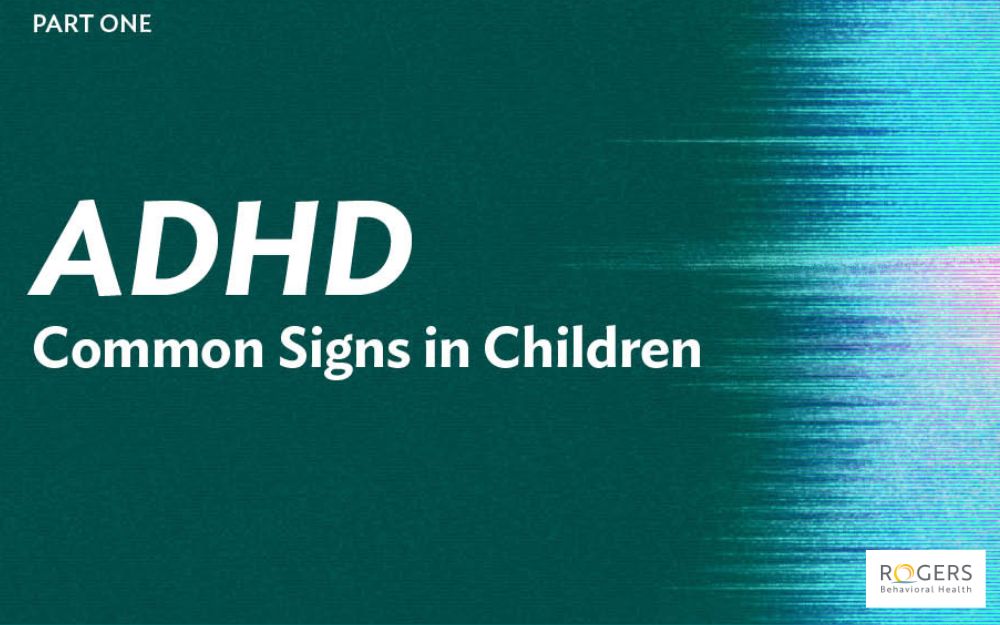How eating disorders affect the LGBTQ+ community
Posted on 07/10/20 10:19:am
Share this article:
A lot of work has been done to expand the public’s perception of eating disorders as something that affects more than just women with slender bodies. However, more awareness of the higher prevalence of eating disorders among the LGBTQ+ community is needed.
Why are members of the LGBTQ+ community at higher risks for eating disorders?
Rogers’ Skokie clinical director Katya Viswanadhan, PsyD, says that due to experiences of marginalization and chronic stress, members of the LGBTQ+ community are at a greater risk of developing an eating disorder and other mental health issues. People who identify as trans or nonbinary in particular may have a higher rate of eating disorders, and their experiences with eating disorders are unique.
“The body becomes the focal point for many of those with gender identity concerns, often because of society expectations and stereotypes attached to gender,” Dr. Viswanadhan says. “The striving for an ideal body can lead to body image obsessions or preoccupations, compensatory behaviors, and negative mood. Therefore, it is our social and ethical responsibility to validate and improve the lived experiences of marginalized individuals who lack representation and acceptance.”
Talking about eating disorders as a nonbinary disease
Dr. Viswanadhan says the way we talk about eating disorders is important. Much like we don’t want to use solely female-gendered language to discuss them, we also don’t want to speak of them as only a male and female disorder.
“Language affects the way that individuals in society internalize and hold on to messages about themselves,” Dr. Viswanadhan says. “This is especially true and damaging for those who identify outside of the gender binary.”
Dr. Viswanadhan adds that “for transgender and nonbinary identifying individuals, accessing mental health and medical care is further complicated by systems that do not formally recognize their gender identities.”
Does gender identity impact treatment strategy for eating disorders?
A major tenant of our care at Rogers is creating a treatment plan to address what each patient is experiencing instead of a one-size-fits-all approach to therapy. This means that the treatment team and patient create a care plan that considers the unique experiences that a member of the LGBTQ+ community has.
“It is essential for mental health professionals and healthcare communities to have training in providing gender-affirming care as someone’s gender identity or sexuality can influence their experience of mental health symptoms,” Dr. Viswanadhan says.
They also make note that clinicians who are caring for trans and nonbinary people should be aware that fluctuations in gender identity and expression are normal. Dr. Viswanadhan also advises that “the patient should lead the discussions regarding their LGBTQ+ status to assure that treatment is clinically affirming and appropriate.”
Additionally, other identity markers such as race, ethnicity, religion, socioeconomic status, and ability status “overlap and interact with an LGBTQ+ identity in critical ways.” For instance, black transwomen are disproportionately affected by violence due to prejudice and discrimination toward their intersecting identities.
“Recognizing that there is variation within the community highlights the complexities of holding multiple marginalized identities,” they say.
Eating disorder treatment at Rogers
Rogers provides inpatient, residential, and outpatient care for children, adolescents, and adults with an eating disorder at a growing number of locations nationwide. If you would like to learn more about eating disorders, see our quick ED facts page for more information. If you or a loved one are struggling, call 800-767-4411 to schedule a free, confidential screening or request one online.
If you do not feel you or your loved one needs treatment right away, but may be concerned, we offer online quizzes to possibly provide some relief. While these quizzes do not provide a diagnosis, it could be the first step in finding the treatment you may need. Take our online Eating Disorder Quiz today.



